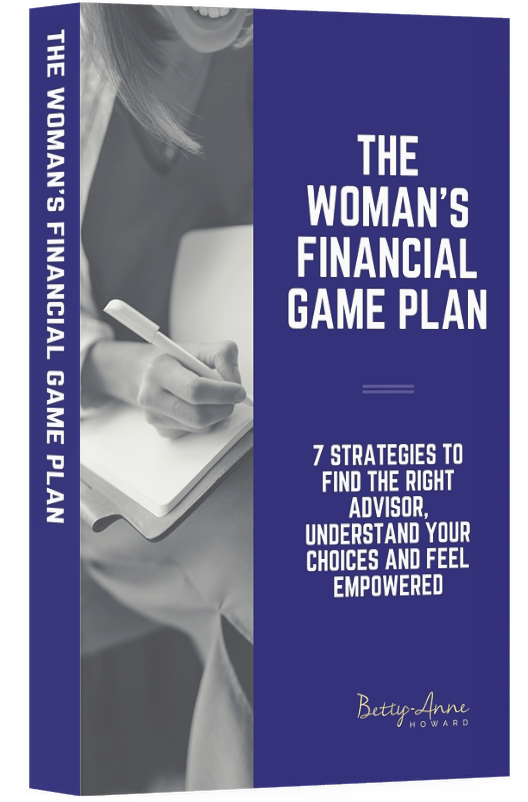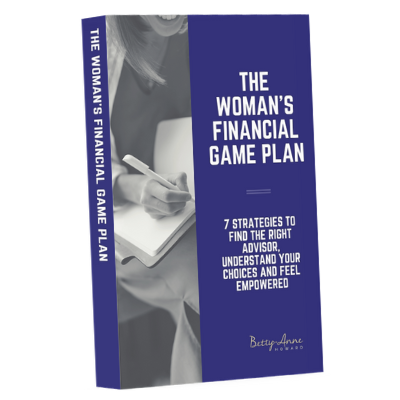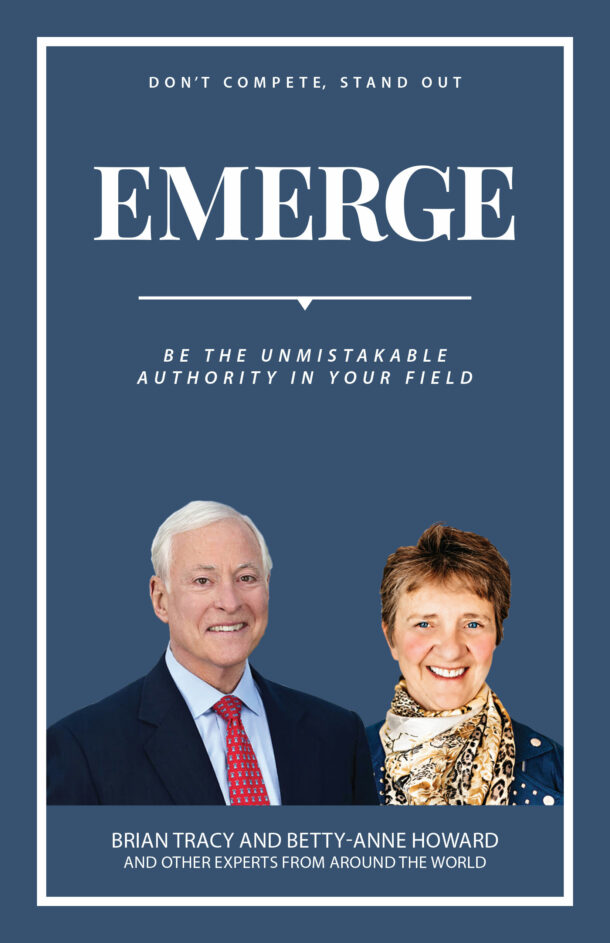
Whether you’ve imagined your legacy or not, your values have shaped this vision. In some cases, this happens somewhat subconsciously. But we can use our insight into what we value most to help us shape the most meaningful legacy possible. But first, we need to get clear on our values.
In my last post, we discussed how your experiences shape you and your legacy. This is a lesson that’s been reinforced time and time again throughout my career and my conversations. And I’ve also learned how values shape how we imagine our legacy.
How values shape our legacy
Imagining your legacy has been an important theme for me for quite some time. My goal is to help people understand that legacy is based on our values, how we live our daily lives, the impact we can have both now and, in the future, while we’re alive and at our deaths. Helping motivate and inspire others to think this through and imagine the possibilities.
With that in mind, I recently conducted a series of interviews with authors, financial professionals, and other important minds on the topic of imagining your legacy.
Today, I’d like to share with you some of the key takeaways from two of these interviews, specifically on how values shape our legacy. It’s my hope these insights spark conversations and action – both of which could be long overdue!
From my interview with Codi Shewan, author of Everyday Legacy: Lessons for Living with Purpose Right Now:
Codi shared the piece of advice he would offer someone to help them imagine their legacy. He says to ask this question: How do you want to be remembered? He shares how this question brings almost instant clarity. And while it’s a tough question, it’s an important one to ask.
He explains:
“If you can fast forward to the end for just a brief moment, you are dead and your human experience is over. You ask yourself, ‘How do I want to be remembered?’. Those values are going to like cream, rise very quickly. Things like well, if tomorrow wasn’t going to happen, these are the things I want to be remembered for: kindness, compassion, patient, grateful, loyal and loving. All of these things are going to rise up.
Some people would have a laundry list of 12 or 20 or 40 things but there are 3 – 4, maybe 5, that are like the ones where if you had to give all the other ones away, you would hold on until the last dying second. These are really important values and I say that those are the things that we need to embed into our every single day so that we are ultimately living our everyday legacy and in control of how ultimately, we will be remembered. That is ultimately the one question I always say to ask.”
From my interview with Heather Austin Skaret, Co-Managing Partner, Mann Lawyers LLP
Heather is a lawyer who isn’t afraid to delve into the topic of philanthropy. We spoke about imagining our legacy, how values shape our legacy, and much more. During this conversation, she offers all kinds of valuable insights.
One that really stood out to me is what she said about the barriers some people face when it comes to imaging their legacy. First, she explained how her values were shaped by her grandparents, as many of ours are. In turn, these values also shaped how she views the concept of legacy.
She also understands why imagining our legacy can be difficult:
“Some people just don’t know where to start. They have a number of charities that they give to and their [charities’] ideas change over time and they’re not sure if they want to fix a particular charity. Sometimes, they don’t understand which charity they want to give to or how the charity is going to use their money or how they can be sure that they’re going to have enough to see themselves out and know whether there is going to be something left over for the charity.”
This brings us back to how values shape our legacy. When we have our values clearly defined and outlined, it makes the process that much more straightforward.
By the way, I also share more about helping you create a philanthropic plan that’s reflective of your values in this post.

Getting clear on your values
So, we know how values shape our legacy. But what if we’re not yet clear on our values?
Once you’ve clearly defined your core values, you can use them to help you shape your legacy. But the benefits don’t stop there. This insight is also useful in daily decision making and how you conduct your life.
Here’s an exercise to help you get some clarity on what you value most.
- Set aside some specific time for this task. A quiet, peaceful time of day with minimal distractions is best.
- Make a master list of values as they come to mind. Don’t filter yourself. Your list could be 10, 20, 50 items.
- Now go back and review the list. Are there similar words you can group together? Are there words you wrote down because they seemed like the right thing to say but maybe aren’t actually representative of your values?
- Next, work on refining this list as much as possible. Five or fewer is ideal. Too many make it more challenging to not only list these values off the top of your head but living by each of them as well.
Once you’ve got this list of values in hand, you can use it to guide your daily decision making as well as how you imagine your legacy. Bring this list to meetings with your financial planner. Keep it handy anytime you need to make important decisions about money, legacy, philanthropy.
Would you like to discuss how I can help with legacy and estate planning? Please reach out so we can talk about your current and future financial and estate planning needs and get the clarity you deserve.
For all of my Imagine Your Legacy interviews with philanthropists, business owners, and other financial planners, head over to my Youtube channel.
Did you enjoy this article? Here are three more you should also have a look at:
Have you thought about what you want your legacy to be?
Who do you want to benefit from your money when you are no longer here?
How to Magnify Your Charitable Gift Giving






0 Comments